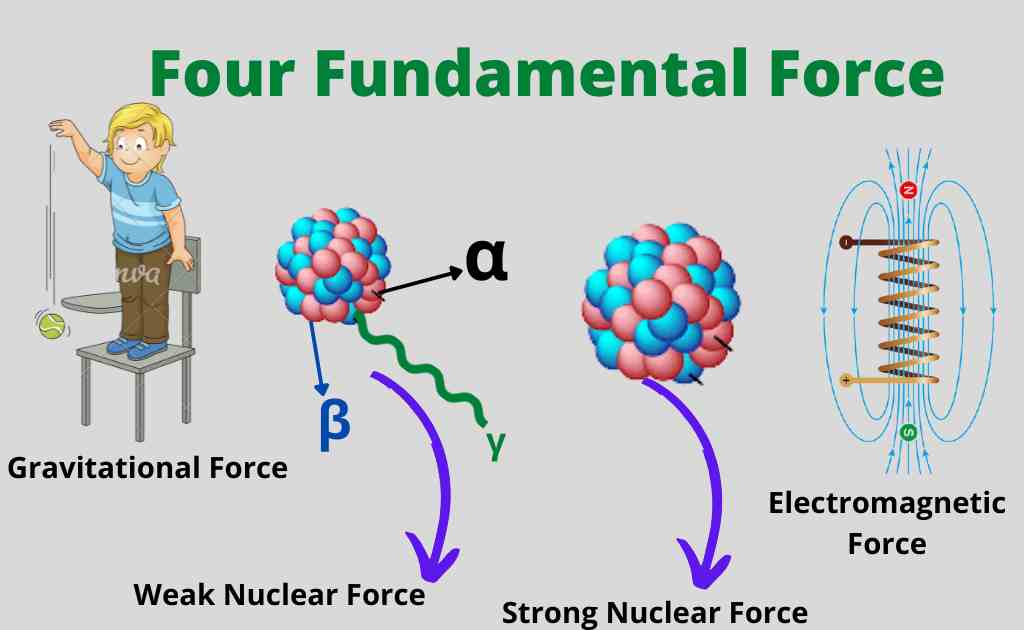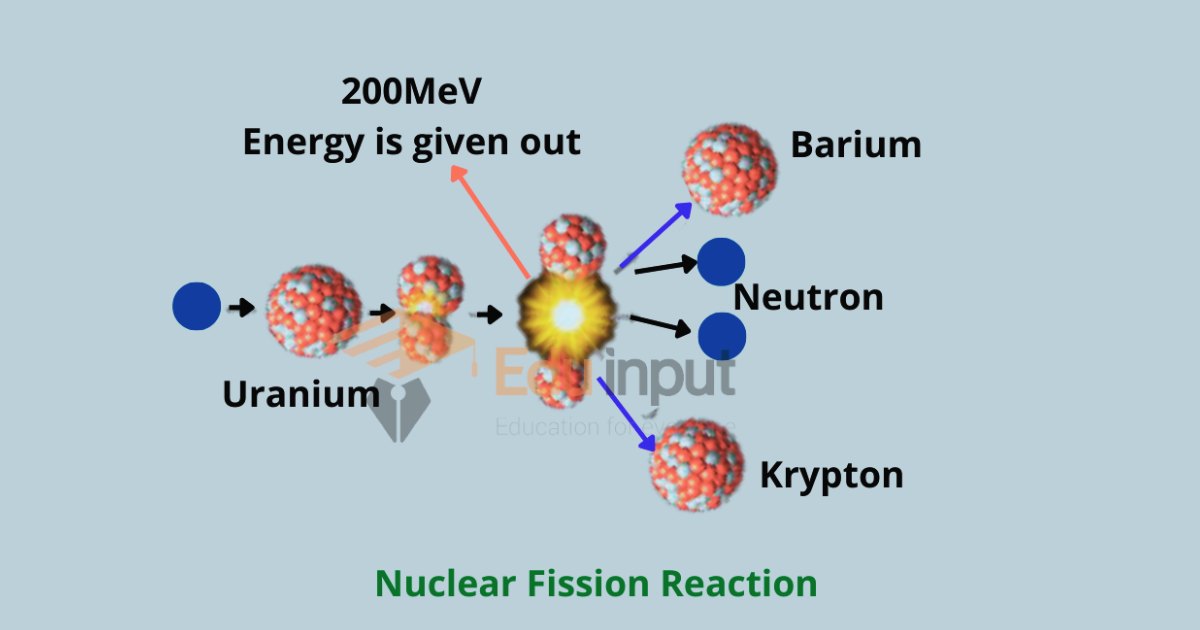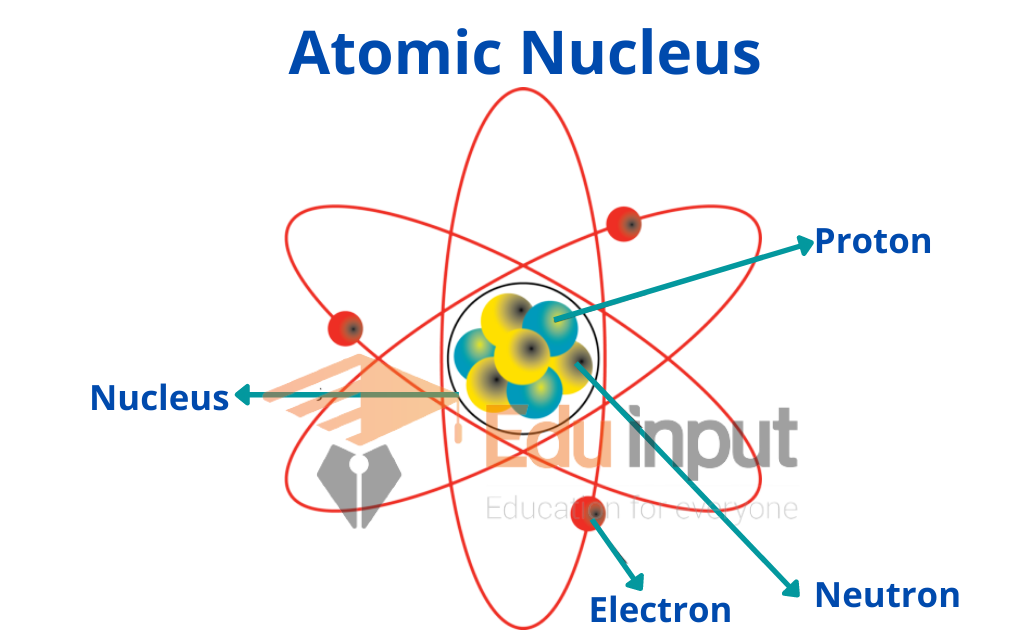Four Fundamental Forces of Nature
There are four fundamental forces of nature. All forces can be divided into these fundamental forces of nature.
Four Fundamental Forces of Nature
Man has always desired to comprehend the complexity of nature in terms of as few elementary concepts as possible.
Among his quest, in Feynman’s words, has been the one for “wheels within wheels”, the task of Natural Philosophy being to discover the innermost wheels if any such exist.
A second quest has concentrated on the fundamental forces, which make the wheels go round and enmesh with one another.
The basic forces are:
- Gravitational force
- Magnetic force
- Electric force
- Nuclear force
The electric and magnetic forces were unified to get an electromagnetic force by Faraday and Maxwell who were able to prove that an electric current is induced in a coil whenever the magnetic flux passing through the coil is changed, leaving behind four fundamental forces
- Strong nuclear force
- Electromagnetic force
- Weak nuclear force
- Gravitational force
These four fundamental forces of nature have seemed for some time quite different from one another.

Electromagnetic Force
The electromagnetic force is long-range and causes all chemical reactions. It binds together atoms, molecules crystals, trees, buildings, and you.
This force acting on a microscopic level is responsible for a variety of apparently different macroscopic forces such as friction, cohesion, and adhesion.
Strong Nuclear Force
Despite its different effective strengths, the strong nuclear force is effective only within sub-nuclear distances and therefore, confines the neutrons and protons within the nucleus.
Weak Nuclear Force
The weak nuclear force is short-range and is responsible for radioactivity or the spontaneous breaking up of the radioactive elements.
It is a sort of repulsive force of very short range (10-17 m). It is usually masked by the effect of the strong electromagnetic forces inside the nuclei.
Gravitational Force
The gravitational force is long range extending up to and beyond the remotest stars and galaxies. It keeps you, the atmosphere, and the seas fixed to the surface of the planet.
It gives rise to the ocean tides and keeps the planets moving in their orbits around the Sun.
These widely disparate properties of the four basic forces have not stopped scientists from finding a common cause for them all.
One hundred years after the unification of electric and magnetic forces into electromagnetic forces, in 1979, the physics noble prize was conferred on Glashow, Weinberg, and Abdul Slam for the unification of electromagnetic and weak forces.
It is further expected that a strong Nuclear force will eventually unite with an electroweak force to make up a single entity resulting in the grand unified electro-nuclear force.







Leave a Reply